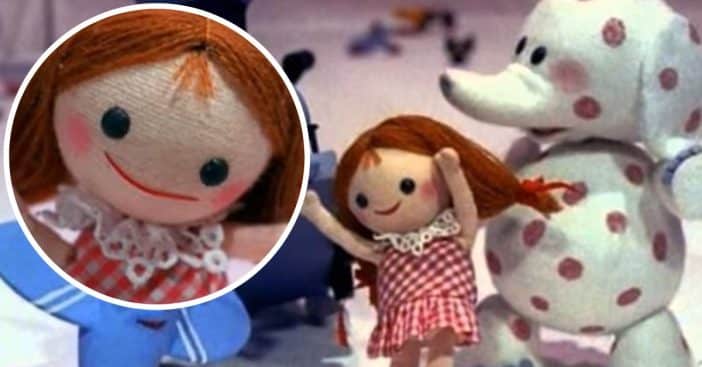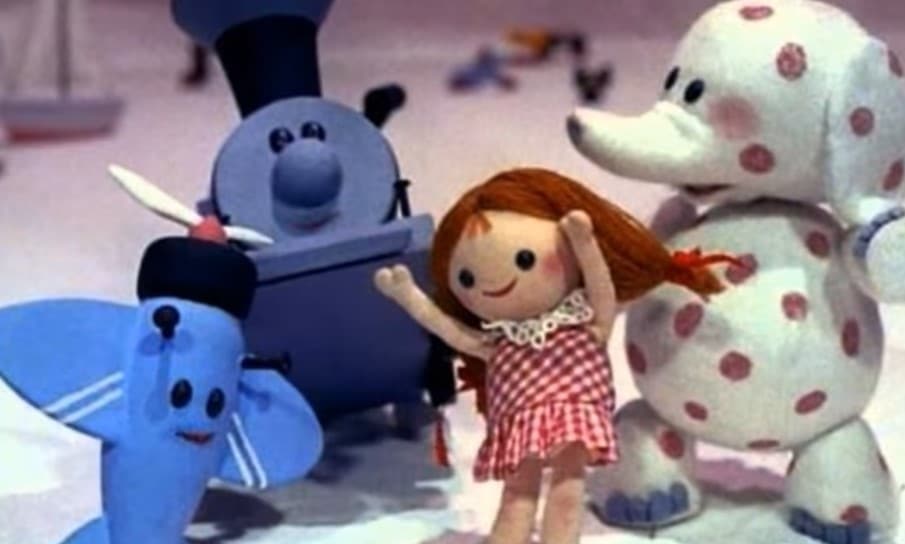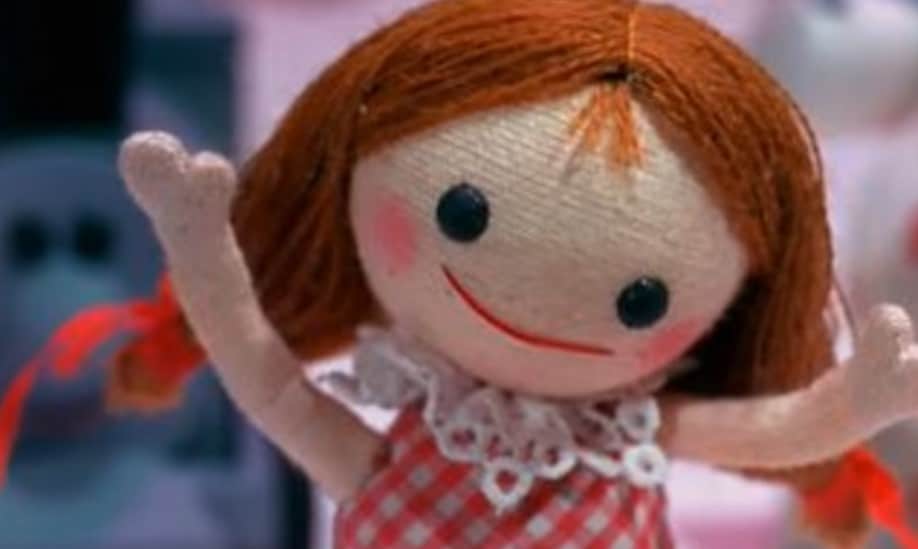
One of the sequences from the holiday classic Rudolph The Red-Nosed Reindeer, which has aired annually since the special made its debut in 1964, was about a bunch of unwanted playthings dumped on the Island of Misfit Toys. Some of these items included a square-wheeled train, a jelly-squirting water gun, and several others hoping to be loved by a child someday.
More significant among the gang was Dolly, an outwardly normal-looking ragdoll who was said to have a worse fate than the rest. She once had an owner named Sue, who treated her like Jesse did his toys in Toy Story 2. “She was cast off by her mistress and clinically depressed, and they didn’t have Prozac back then,” an episode of NPR’s Wait Wait… Don’t Tell Me revealed, confirming Dolly’s condition.
What happened to Dolly from ‘Rudolph’?

The show producer, Arthur Rankin Jr., told the Television Academy Foundation that the regular-looking doll “had psychiatric problems and was under the care of an analyst.” In 1998, the CVS exclusive Dolly had a tag that read, “I’m a little rag doll who just wants a friend. I think that will help my broken heart mend.”
RELATED: Here’s What Happened to the Voice Cast of ‘Rudolph the Red-Nosed Reindeer’
A 2014 graphic novel, Rudolph the Red-Nosed Reindeer: The Island of Misfit Toys, also detailed the heartbreaking moment when Dolly was abandoned. Interestingly, her role was considered minor, and her backstory resulted from fans’ curiosity about the character’s background. The family TV special may have included Dolly for young girls to connect with on the male-toy-dominated island.

What was the motivation behind the Misfit toys?
Rankin shared the philosophy behind the toys, which was to provide “guidance” for kids as they “all feel slightly inferior.”
“Kids have problems, whatever they may be, and to see other characters that also have problems, they can associate with them,” he noted. “When the characters are relieved of their problems by their own actions … kids love to see someone of their own stripe, their own age, their own inferiority achieve things that make them feel good. I think that’s probably the reason these films last so long.”

The original special did not have an expected happy ending because Santa Claus defaulted on his promise to return to the island; however, viewer reactions —primarily via a letter-writing campaign — prompted NBC to insert a sequence in the following year where Santa comes back for the toys.
